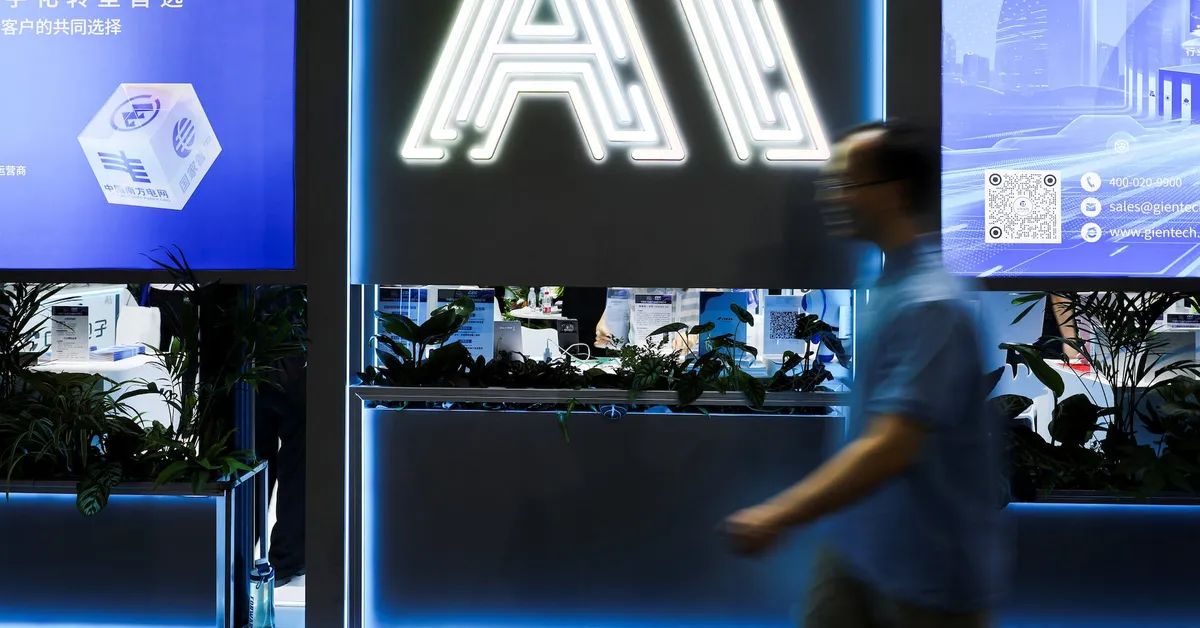
The recent announcements during the three-day World Artificial Intelligence Conference in Shanghai, which concluded on Monday, underscored the rapid advancements in AI technology. This event served as a platform for unveiling a range of innovative products and alliances aimed at enhancing the AI landscape.
Among the standout products showcased was an AI computing system from Huawei (HWT.UL), designed to compete with Nvidia's most advanced offerings. This cutting-edge system is part of Huawei's broader strategy to enhance its position in the AI market, highlighting the fierce competition within the industry. Additionally, the conference featured consumer-friendly innovations, including a variety of digital AI glasses that promise to enhance user experience through advanced AI capabilities.
A significant development at the conference was the announcement of the Model-Chip Ecosystem Innovation Alliance, which aims to unite Chinese developers of large language models (LLMs) with AI chip manufacturers. This innovative ecosystem is designed to create a seamless connection across the entire technology chain, from chips to models to infrastructure. Zhao Lidong, CEO of Enflame, a prominent chipmaker in the alliance, emphasized the importance of this collaboration for advancing AI technology.
Other notable manufacturers of graphics processing units (GPUs) participating in the alliance include Huawei, Biren, and Moore Threads. These companies have faced challenges due to U.S. sanctions that restrict their access to advanced technology developed with American know-how, making this alliance even more critical for their growth and innovation.
In addition to the Model-Chip Ecosystem Innovation Alliance, the Shanghai General Chamber of Commerce AI Committee was introduced with the goal of fostering the deep integration of AI technology into industrial transformation. This committee aims to drive collaboration between various sectors to enhance technological advancements and applications in real-world scenarios.
One of the most discussed products at the conference was Huawei's CloudMatrix 384, which utilizes 384 of its latest 910C chips. According to U.S. research firm SemiAnalysis, this system outperforms Nvidia's GB200 NVL72 in certain metrics. The research report highlights Huawei's strong system design capabilities, which allow the company to leverage more chips and innovative system-level designs to compensate for the relatively weaker performance of individual chips.
At least six other Chinese computing firms also presented similar clustering chip technology, showcasing the competitive landscape of AI hardware development. For instance, Metax unveiled an AI supernode featuring 128 C550 chips, specifically engineered to meet the demands of large-scale liquid-cooled data center operations.
The announcements and innovations presented at the World Artificial Intelligence Conference in Shanghai mark a significant step forward in the AI sector, demonstrating China's commitment to becoming a leader in AI technology and infrastructure. As the industry continues to evolve, these developments will likely have a lasting impact on both domestic and global markets.
Reporting by Liam Mo and Brenda Goh; Editing by Edwina Gibbs